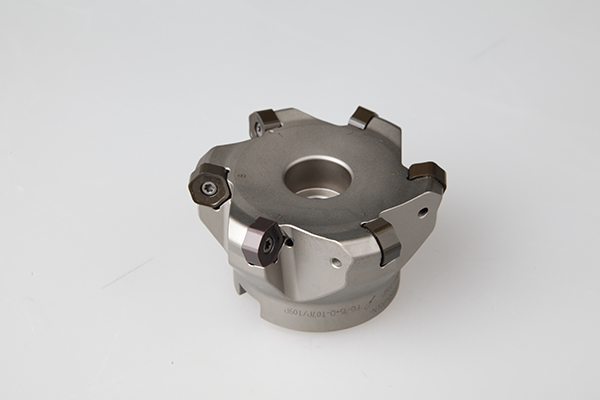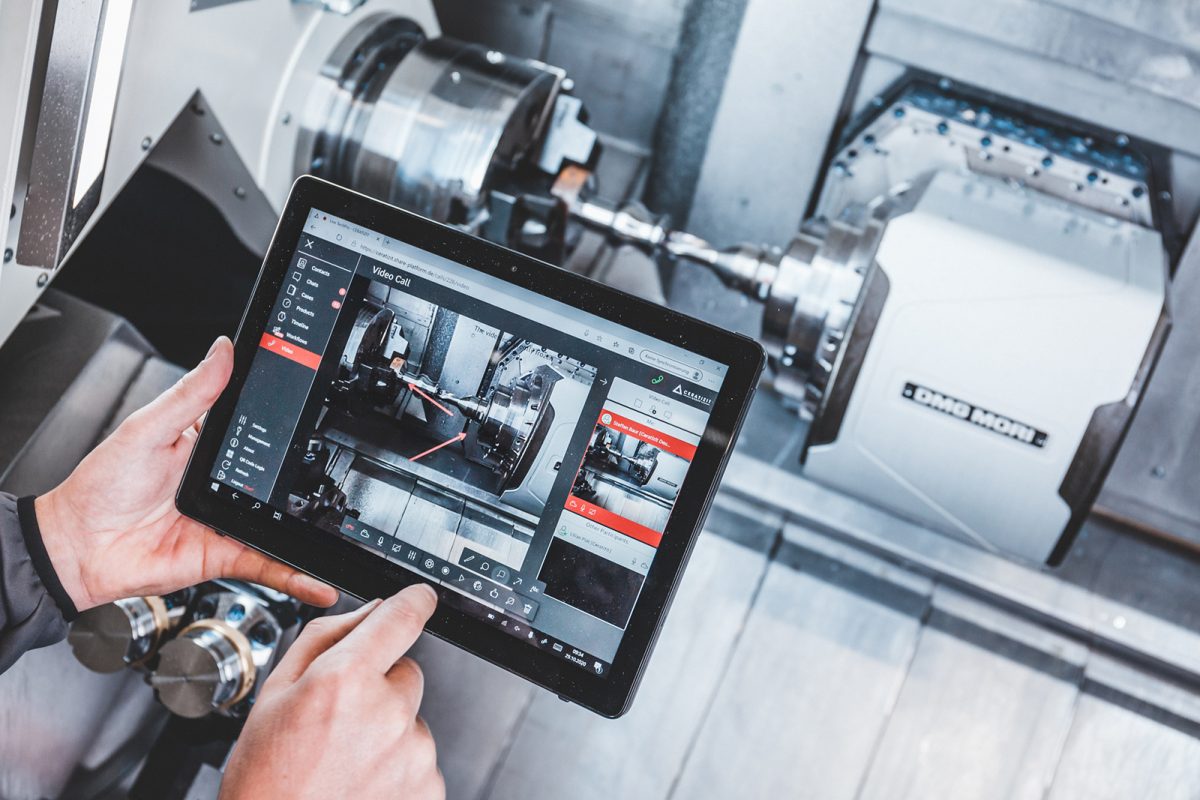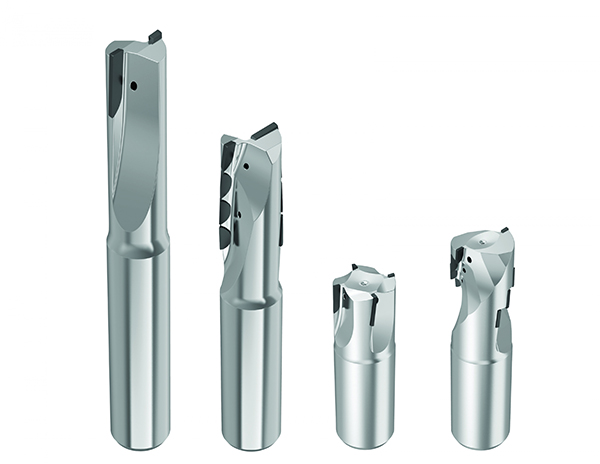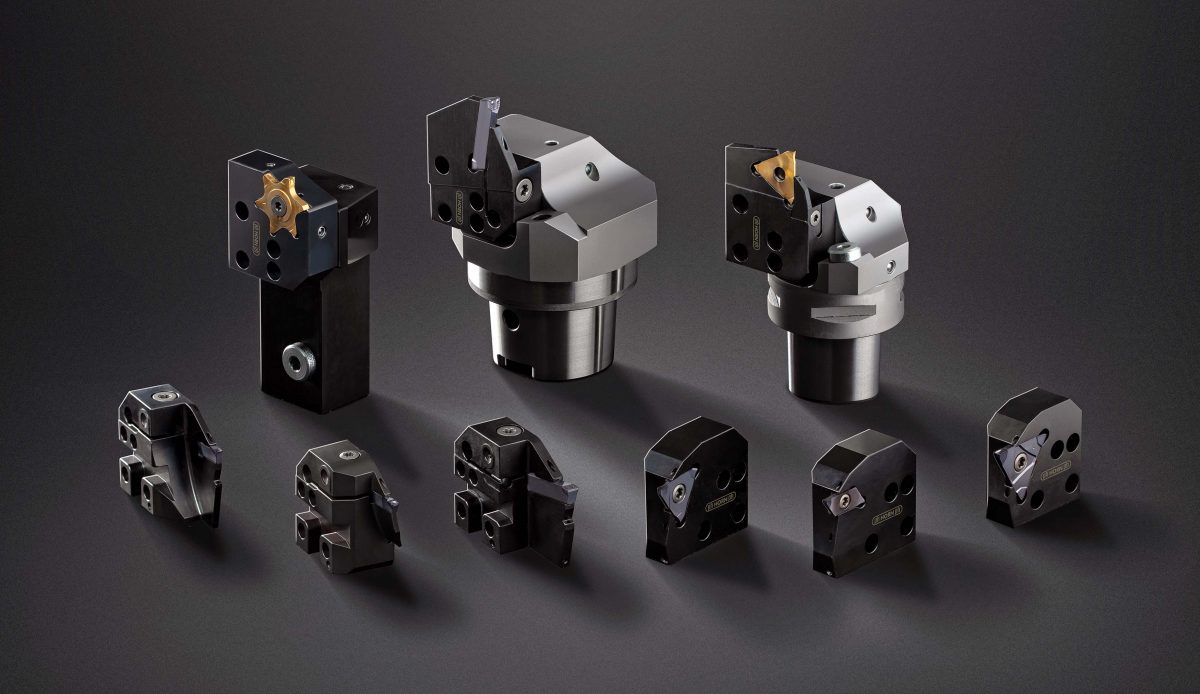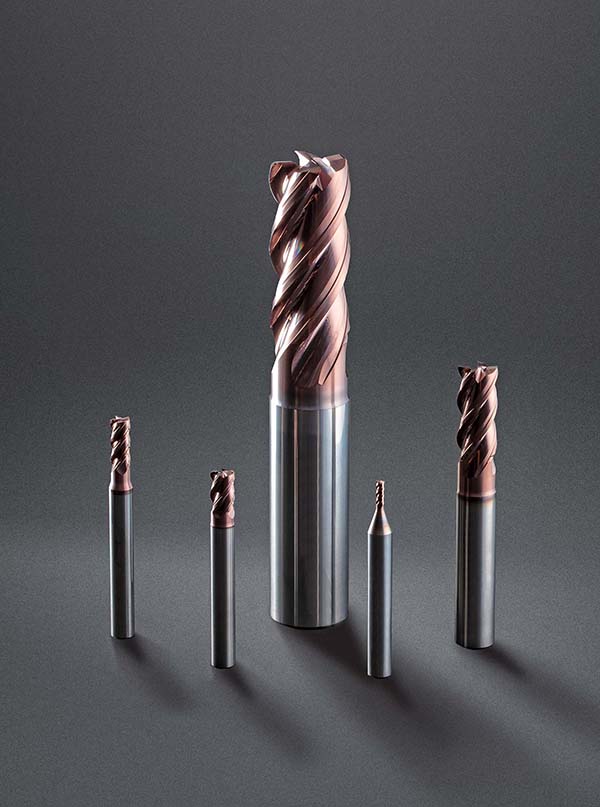
Railway-focused cutting tools can often be complex due to the specific requirement needed to machine a certain component in an efficient and reliable manner. Therefore, across many applications, the majority of cutting tools for the railway industry are classed as specials. However, there are several tools available within Dormer Pramet’s standard assortment that are suitable for the production of various railway components.
The company’s Penta HD and Econ HN, for example, are milling tools from the Pramet indexable range for applications that include the machining of switches, base plates and wagon parts, such as frames, wheel axles and bogies.
When machining switches, one of the first operations is roughing the top and bottom sections of the rail. This requires a large diameter cutter, enabling the fewest number of passes possible. Both the Penta HD and Econ HN assortments have indexable cutters up to 315 mm diameter.
Dormer Pramet developed the Penta HD milling cutter specifically with switch machining in mind. Offering up to 10 mm depth of cut and a feed rate of 0.7 mm per tooth, the range enables high metal removal rates and productivity.
Another railway operation that can benefit from the use of standard tools is the machining of base plates – the connecting element which attaches the rail to the tie or sleeper. When machining the bottom part of base plates, for example, face milling cutters with diameters up to 160 mm are often used. The Pramet Econ HN assortment offers a 45° face milling cutter, which is available from 25-315 mm in diameter and includes HNGX 06 and HNGX 09 inserts.
For further information
www.dormerpramet.com






